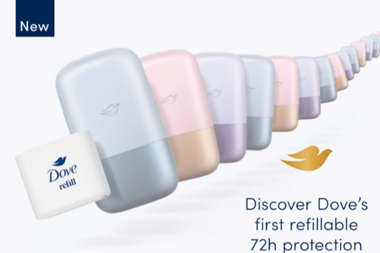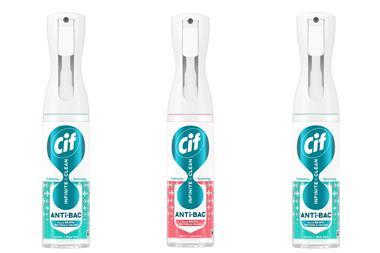Unilever has announced it is to cut 20,000 jobs worldwide in the next four years.
The plans will cut the 179,000-strong workforce by 11%, said CEO Patrick Cescau on Thursday during the presentation of its quarterly and half-year results. It is thought the latest job cuts will be focused on Europe but a spokesman said it was too early to give details.
The job cuts will be tied in with disposals worth €2bn. This will include the sale of its North American laundry arm. "Most but not necessarily all will entail outright disposal," said Cescau. "However we are open to consider joint venture-type stuctures, earn-outs and licensing deals, and any other arrangement that will allow us to release value and focus our resources more efficiently." He said the disposals would have a broadly neutral impact on operating margin, after restructuring of 'shreddable costs'. "Any associated restructuring costs will be more than compensated for by profits on disposals," he explained.
Three weeks ago, Unilever UK chairman Dave Lewis spoke exclusively to The Grocer about plans to halve the UK senior management headcount by September, resulting in 350 job losses by the end of 2008.
The €2.5bn-sales UK operation will be streamlined from five divisions to two: food and home and personal care. Each will be headed by a marketing rather than a business director.
The company claimed that the latest results confirmed its belief that measures taken since the beginning of 2005 have restored Unilever's competitive position.
In March 2005, the company launched the One Unilever programme to streamline operations and brands. This resulted in the reduction of the company's worldwide workforce from 223,000 at the end of 2004 to 179,000.
At the same time Unilever combined its UK and Dutch head offices with Cescau taking the helm of the combined global operation.
The company said that Unilever was now closer to its target of working from 25 countries with 10 categories compared with the 100 countries with 20 categories before the inception of the One Unilever programme.
"The groundwork laid by One Unilever is unlocking opportunities to go further, faster and deeper in reducing overheads and eliminating non-added value activities," said Cescau.
This week Unilever reported a 3% increase in half-year pre-tax profit to €2.74bn (£1.84bn) on sales up 1% at €20bn (£13.4bn).
All its categories "grew well" in the first half year, Cescau said, with the strongest performances in personal care, tea and household cleaning. Savoury, ice cream and laundry also "contributed strongly".
In the UK, sales were in line with last year with growth in deodorants, household care, tea and dressings but the company lost share in fabric conditioners and hair care and also suffered a fall in ice cream sales.
"Growth remains our number one priority," said Cescau.
"The steps we are taking now support this agenda by enhancing innovation, more aggressively shaping our portfolio and driving still harder towards a more efficient cost and asset base."



















No comments yet